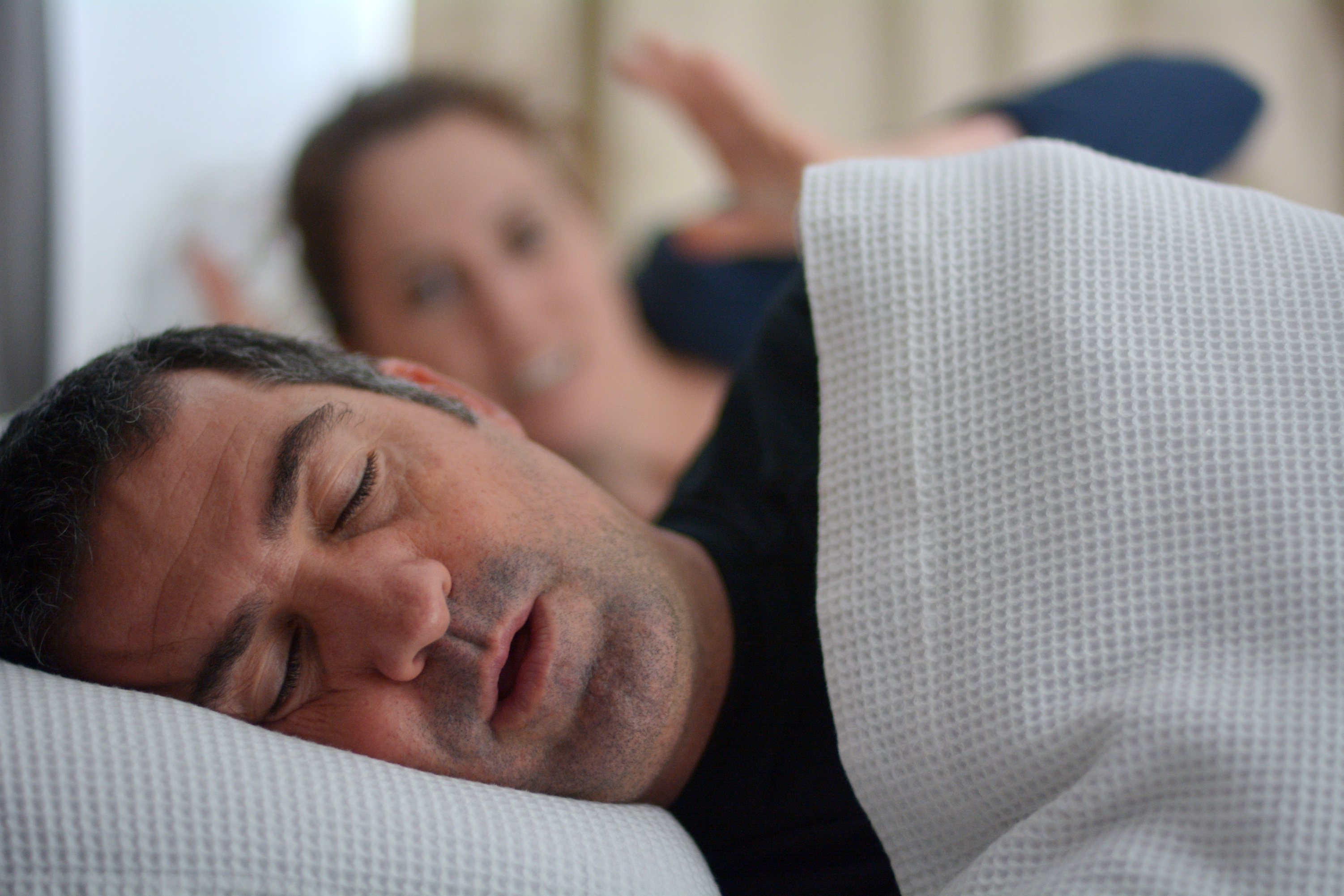News release
From:
People who eat a healthy, plant-based diet that is high in vegetables, fruit, whole grains and nuts are less likely to suffer with obstructive sleep apnoea (OSA), according to a new study led by Flinders University.
The new study is one of the first large-scale analyses to investigate the correlation between plant-based diets and OSA risk. Researchers say its findings suggest that eating a healthy, plant-based diet may help prevent or treat dangerous snoring and sleep apnoea.
The article, published in the European Respiratory Society journal (ERJ Open Research when embargo lifts), included data on 14,210 people who were taking part in the National Health and Nutrition Examination Survey – which included healthy, unhealthy and pro-vegetarian diet details compared with participants’ responses to their OSA risk survey.
It’s been estimated that up to 1 billion people aged 30 to 69 years worldwide suffer from mild to severe sleep apnoea, which heavy snoring is a common symptom. People living with undiagnosed and treated OSA can suffer from daytime drowsiness, higher risk of accidents as well as heart, kidney and metabolic health complications.
Participants were asked to explain everything they had eaten over the last 24 hours. Researchers categorised this information according to whether people were eating a healthy plant-based diet (including whole grains, fruits, vegetables, nuts, legumes, tea and coffee) or a diet high in animal foods (including animal fat, dairy, eggs, fish or seafood and meat). They also looked at whether people were eating an unhealthy, plant-based diet (including refined grains, potatoes, sugar-sweetened drinks, sweets, desserts and salty foods).
Participants also answered a questionnaire designed to gauge whether they are likely to have OSA.
People with diets highest in plant-based food were 19% less likely to have OSA, compared with those eating diets lowest in plant-based food. Those eating a largely vegetarian diet were also at a lower risk. However, people eating a diet high in unhealthy plant-based foods were at a 22% higher risk, compared to those eating low amounts of these foods.
The researchers also found differences in the risks for women and men, with a plant-based diet having a bigger correlation with OSA risk for men and an unhealthy plant-based diet having a bigger increase on women’s risk.
However, people eating a diet high in unhealthy plant-based foods were at a 22% higher risk, compared to those eating low amounts of these foods.
“These results highlight the importance of the quality of our diet in managing the risk of OSA. It's important to note these sex differences because they underscore the need for personalised dietary interventions for people with OSA," says Flinders University senior researcher Dr Yohannes Melaku.
“This research doesn’t tell us how diet changes the risk for OSA, but it could be that a healthy plant-based diet reduces inflammation and obesity. These are key factors in OSA risk,” says Flinders University co-author Professor Danny Eckert, Director, Adelaide Institute for Sleep Health, Flinders Health and Medical Research Institute.
"Diets rich in anti-inflammatory components and antioxidants, and low in harmful dietary elements, can influence fat mass, inflammation, and even muscle tone, all of which are relevant to OSA risk.”
The new study is one of the first large-scale analyses to investigate the correlation between plant-based diets and OSA risk. Researchers say its findings suggest that eating a healthy, plant-based diet may help prevent or treat OSA.
The researchers now plan to investigate the links between eating ultra-processed food and OSA risk in the same group of people. They also intend to study the interaction between diet and OSA risk over the longer term.
“Risk factors for obstructive sleep apnoea may stem from genetics or behaviour, including diet. Previous research has primarily focused on the impact of calorie restriction, specific dietary elements and weight loss.
"There's a gap in our knowledge of how overall dietary patterns affect OSA risk. With this study, we wanted to address that gap and explore the association between different types of plant-based diets and the risk of OSA,” researchers say.
View the paper under embargo: https://ers.box.com/s/qswjboks490f666lcuexon2gjlq18brp
Experts from the Flinders Health and Medical Research Institute and Adelaide Institute for Sleep Health have given key insights into better sleep practices in the new Australian TV series, Sleep Revolution (SBS OnDemand), starting on 6 March 2024.
Multimedia




 Australia; SA
Australia; SA


